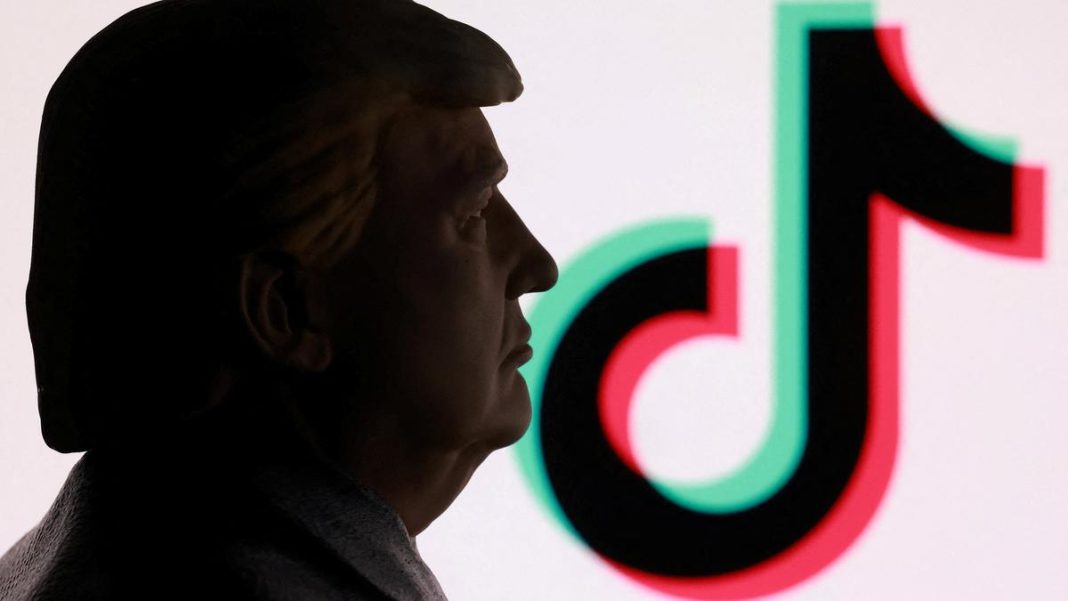Trump Wanted to ‘Copy’ India’s TikTok Ban, Reveals New Book
A new book claims former U.S. President Donald Trump was “enthusiastic” about replicating India’s 2020 TikTok ban after the app’s users disrupted his campaign rally.
Key Takeaways
- Trump ordered National Security Council lawyers to draft an executive order similar to India’s TikTok ban
- The move came after TikTok users claimed responsibility for low attendance at his Tulsa rally
- TikTok’s “Project Phoenix” failed to revive the app in India despite partnership attempts
- ByteDance’s government access diminished significantly after Galwan clashes
According to Emily Baker-White’s book ‘Every Screen on the Planet,’ Trump had closely followed coverage of Prime Minister Narendra Modi’s TikTok ban, which occurred just nine days after teenagers on the platform organized to reserve seats at his June 2020 Tulsa campaign event with no intention of attending.
“He was reportedly enthusiastic about the idea of copying [PM Narendra] Modi and ordered lawyers at the National Security Council to draft an executive order similar to what India had done,” the book states.
While banning TikTok became a bipartisan national security priority, no ban materialized during Trump’s first term. Interestingly, the former president has since credited the platform for helping his re-election campaign and oversaw a deal that saved TikTok from a potential U.S. ban.
TikTok’s Failed Indian Comeback: “Project Phoenix”
Following India’s ban, TikTok attempted partnerships with major Indian conglomerates including the Hiranandani Group and Reliance Industries. These efforts, internally code-named “Project Phoenix,” continued for years but ultimately failed.
Unlike brands like Shein that successfully returned to India through local partnerships, TikTok’s revival attempts went nowhere. The Hiranandani Group kept the government informed about investment talks with ByteDance, but no approval was granted.
The book reveals that ByteDance had “strong relationships with the Prime Minister’s office” before the 2020 Galwan clashes with China. After the border conflict, “lobbyists and TikTok’s government relations team found that their previously warm contacts were now exceptionally hard to reach.”
Content Moderation Challenges in India
Baker-White’s book also documents TikTok’s content moderation issues in India, noting researchers found “hundreds of casteist videos on the platform, often organised under caste-specific hashtags.”
The platform faced accusations of political censorship, particularly after a June 2019 lynching in Jharkhand when Muslim stuntmen who created videos condemning the incident had their accounts removed.
A TikTok India executive defended the platform’s approach at the time, stating it was meant for “having fun” rather than “creating political strife.”
The revelations come as India-China relations show signs of improvement, though no indications suggest TikTok’s ban will be revoked.




